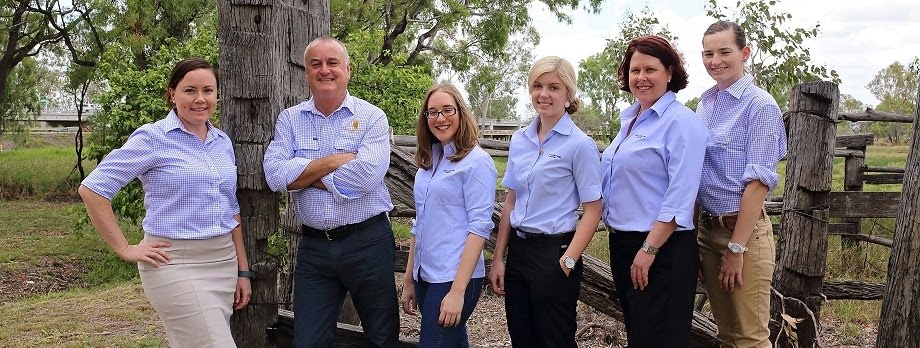The
Government has proposed that it will create the Galilee Basin State Development
Area ("GBSDA"), which will be over a large area which has not yet
been defined. It is proposed that the rail corridors will then be constructed
within the GBSDA. The Government has stated that "before considering
compulsory land acquisitions the Government will strike the right balance
between interests of stakeholders, including land holders and the community. It
will encourage incremental expansion where feasible and ask proponents to
minimise impact on land holders and the environment whenever possible." It would seem, from these comments, that the
Government will not initially resume the land and will encourage each proponent
to enter into negotiations with the land holders. However, it is clear that if
agreements cannot be reached between the relevant proponent and respective land
holders, then the Government will use its power to compulsorily acquire land
for the construction of the railway pursuant to the State Development and
Public Works Organisation Act.
The
Strategy indicates that the State Government will give consideration to whether
it will declare the GBSDA in early 2014. This will then indicate the extent of
the area of the GBSDA and the likely properties which will be affected.
For
any advice or assistance in relation to the impact of the GBSDA, please contact
Andrew Palmer or Justin Houlihan from local law firm Rees R & Sydney Jones on
07 4927 6333.



